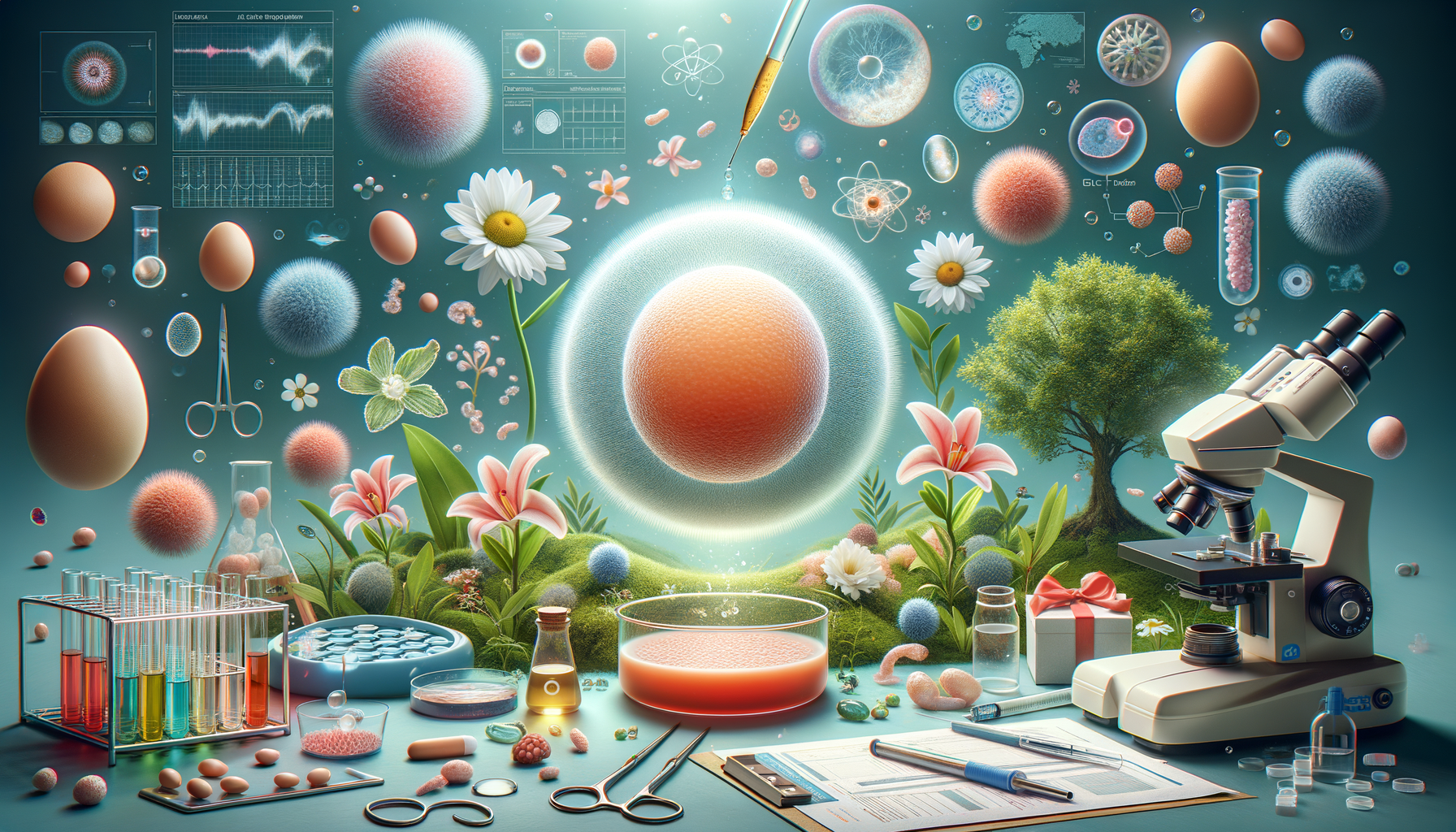Introduction to Egg Donation Fertility Programs
Egg donation fertility programs have become a beacon of hope for many individuals and couples facing infertility or genetic challenges. These programs involve a donor providing eggs to help intended parents conceive, either through in vitro fertilization (IVF) or gestational surrogacy. Understanding the intricacies of these programs is crucial for anyone considering this path to parenthood. This article offers a comprehensive guide to the process, benefits, and considerations involved in egg donation fertility programs.
The Process of Egg Donation
The egg donation process begins with the selection of a suitable donor, who can be anonymous or known to the intended parents. Donors undergo rigorous screening to ensure they are healthy and have a suitable genetic background. This screening includes medical, psychological, and genetic evaluations.
Once a donor is selected, they undergo ovarian stimulation to produce multiple eggs. This involves taking medication to stimulate the ovaries, which is closely monitored by healthcare professionals. The eggs are then retrieved through a minor surgical procedure called transvaginal ultrasound aspiration.
After retrieval, the eggs are fertilized with sperm in a laboratory setting, a process known as in vitro fertilization (IVF). The resulting embryos are cultured for a few days before being transferred to the recipient’s uterus or frozen for future use. This meticulous process ensures the highest chance of successful conception and healthy pregnancy.
Benefits of Egg Donation Programs
Egg donation programs offer numerous benefits, particularly for those who cannot conceive using their own eggs due to age, genetic conditions, or other reproductive issues. One of the primary advantages is the increased chance of pregnancy, as donors are typically young and healthy, resulting in high-quality eggs.
Moreover, these programs enable intended parents to have a child who is genetically related to one parent, if the sperm used is from the intended father. This genetic connection can be significant for many families.
Egg donation also provides an opportunity for individuals or couples in same-sex relationships to become parents, broadening the scope of family-building options available. The emotional and psychological fulfillment of achieving parenthood through egg donation cannot be understated, offering hope and joy to many.
Considerations and Ethical Aspects
While egg donation offers many advantages, it also comes with considerations and ethical aspects that prospective parents must weigh. The selection of a donor is a critical decision, as it involves choosing someone who will contribute half of the child’s genetic makeup. This decision can be influenced by various factors, including physical characteristics, educational background, and personal values.
There are also ethical considerations regarding the anonymity of donors. Some programs offer open or semi-open arrangements, allowing for future contact between the donor and the child, while others maintain strict anonymity. The choice between these options can have long-term implications for all parties involved.
Additionally, the cost of egg donation programs can be significant, covering donor compensation, medical procedures, and legal fees. Prospective parents should be prepared for the financial commitment and explore potential funding options or insurance coverage.
Conclusion: A Pathway to Parenthood
Egg donation fertility programs represent a remarkable pathway to parenthood for many individuals and couples who face challenges in conceiving naturally. With thorough understanding and careful consideration of the process, benefits, and ethical aspects, intended parents can make informed decisions that align with their values and aspirations.
Ultimately, these programs provide an opportunity to build a family and experience the joys of parenthood, offering hope to those who may have thought it was out of reach. As medical advancements continue to enhance the success rates and accessibility of egg donation, the future looks promising for those embarking on this journey.




Leave a Reply